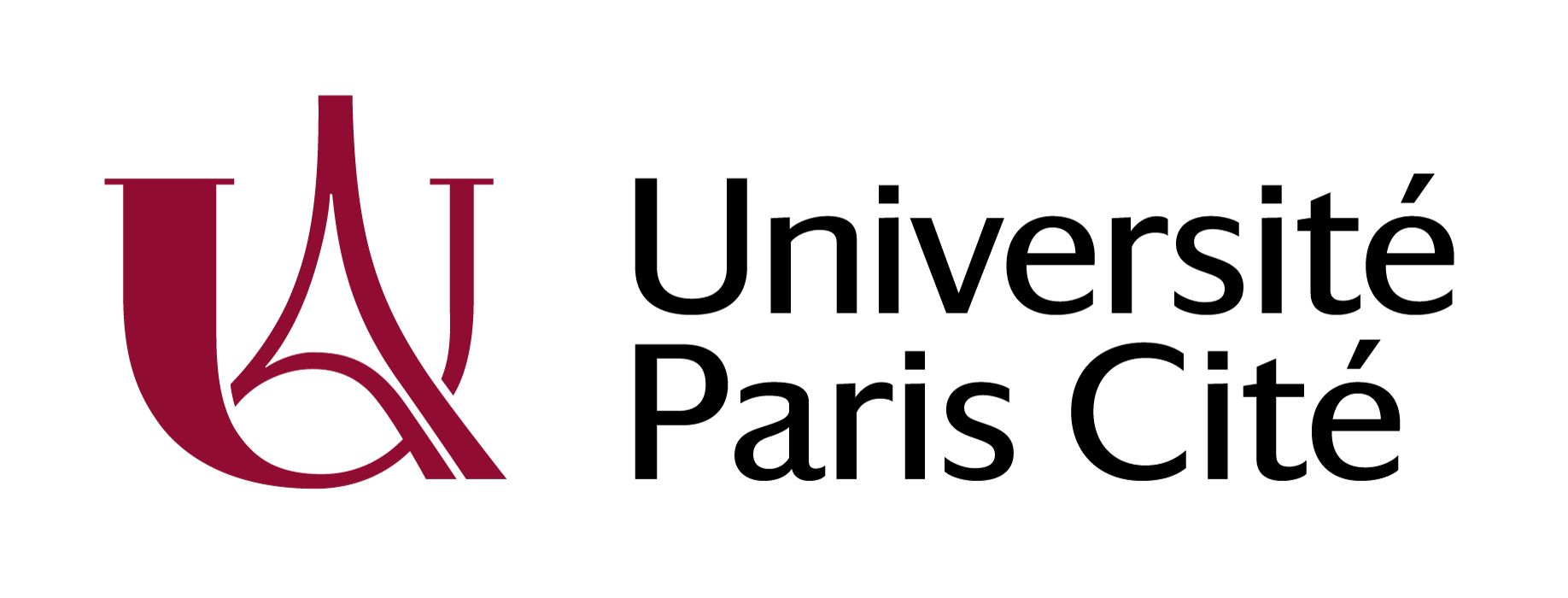Translation analysis of humorous 'prosodic clashes' and other linguistic humour strategies in TED Talks
Résumé
As Vandaele (2002) states in his introduction to a special issue of The Translator: translating humour requires to define what humour is and what the translation of humour is. In this presentation, we focus on translation of humorous prosodic clashes between English and French. Louw (1993:40) remarked irony can be created by a prosodic clash, when a form with positive or negative semantic prosody is used with words of opposite connotation, or when two or more forms with opposite semantic prosodies co-occur. We suggest the humorous effect also results from prosodic clashes. This study focuses on laughter episodes, preceded by prosodic clashes, in TED Talks.
Semantic prosody was defined as “a consistent aura of meaning with which a form is imbued by its collocates” (Louw, 1993:30). It is a statistical tendency for a word or a phrase to co-occur with positively or negatively connotated words. Moreover, Partington (2004:153) suggested semantic prosodies differ in strength. Therefore, there is a continuum of semantic prosodies, with strong prosodies at its extremities, and weak to neutral in the middle.
Our two main objectives are: 1) to better understand the difficulties of translating humorous prosodic clashes from English into French and the other way round and 2) to determine the strategies that can help overcome these difficulties.
Here, we use a bi-directional translation corpus. It comprises the two original, comparable corpora – English TED Talks transcripts, 4.4 million words, and transcripts of French TEDx Talks held in France, 2 million words, – and the two translation corpora – French, 5.5 million words, and English, 650 000 words, incomplete for the lack of translations.
The original corpora were semantically annotated using the Wmatrix USAS system and the French EmoBase lexicon to detect negatively and positively connotated words. These annotated corpora were then consulted in SketchEngine to find the occurrences of prosodic clashes, our data.
The analysed data extracted from the English original corpus allowed us to detect other linguistic strategies of humour: clashes of opposite connotations, unusual semantic preferences, oxymorons, register play and up-grading (Partington, 2017: 328) and Sinclair’s idiom principle overrun by open choice principle.
The results of English-French translation analysis allow us to show that semantic prosodies can differ in strength across languages – e.g. inspiration in English has a stronger positive semantic prosody than inspiration in French. Thus, to keep the prosodic clash between negative and positive semantic prosodies, grim inspiration was translated by optimisme sombre. Moreover, semantic preferences may pose a problem for translation. For instance, precious little tends to describe a baby or a young animal, which in our example is transgressed by cannibal, referring to a baby. The translation précieux petit doesn’t present the same semantic preference. To preserve the transgression of this semantic preference we suggest adorable petit cannibale, because adorable petit also collocates with babies.
We will also present the results of the translation analysis in the other direction (French-English). Our research demonstrates how the cultural context influences the choice of linguistic humour strategies in English and French, but also whether their translation is closer to their usage in the source or the target languages.
Domaines
Linguistique| Origine | Fichiers produits par l'(les) auteur(s) |
|---|
